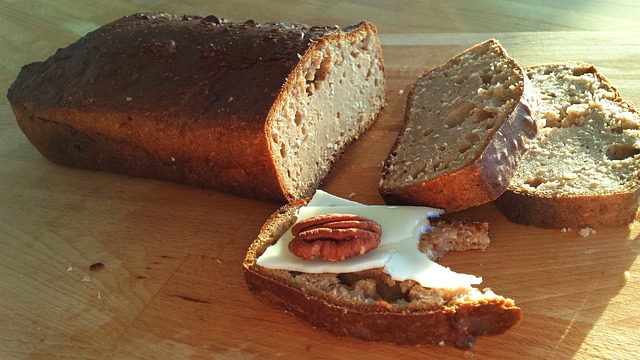Foods That Can Spike Your Blood Sugar
Foods That Can Spike Your Blood Sugar

Foods That Can Spike Your Blood Sugar
In a busy world, where convenience often takes precedence over nutrition, it's crucial to be mindful of the impact our food choices can have on our health. One aspect that requires vigilant attention is blood sugar levels. Fluctuations in blood sugar can lead to a range of health issues, including diabetes and energy crashes. In this guide, we will explore the foods that can spike your blood sugar and strategies to make smarter, more balanced dietary choices.
Understanding Blood Sugar Spikes
Blood sugar, or glucose, is the body's primary energy source. However, certain foods can cause a rapid and sharp increase in blood sugar levels, leading to a spike followed by a subsequent crash. This rollercoaster can contribute to fatigue, irritability, and long-term health issues if not managed wisely.
5 Foods That Can Increase Your Blood Sugar
Simple Carbohydrates
Simple carbohydrates, found in refined grains and sugars, are notorious for causing rapid spikes in blood sugar. White bread, sugary cereals, and pastries can lead to a sudden surge in glucose levels, demanding the pancreas to release insulin rapidly.
Sugary Beverages
Sodas, fruit juices, and energy drinks have hidden sugars that can quickly elevate blood sugar levels. The liquid form of these sugars allows for rapid absorption, intensifying the impact on blood sugar.
Processed Snacks
Packaged snacks often contain high levels of refined sugars and unhealthy fats. Items like chips, cookies, and candies can wreak havoc on blood sugar levels, leading to a spike swiftly followed by a crash.
Sweetened Yogurts
While yogurt is generally considered healthy, sweetened versions can be laden with added sugars. Opting for plain, unsweetened yogurt with natural flavors is a better choice to avoid blood sugar spikes.
Certain Fruits
Although fruits are rich in essential nutrients, some have a higher glycemic index, causing a more rapid increase in blood sugar. Examples include watermelon and pineapple. Pairing fruits with a source of protein or fiber can mitigate their impact.
Navigating Smart Choices
Opt for Whole Grains
Instead of refined grains, choose whole grains like brown rice, quinoa, and oats. Whole grains contain fiber, which slows down the absorption of glucose and helps maintain steady blood sugar levels.
Choose Complex Carbohydrates
Incorporate complex carbohydrates into your diet, such as sweet potatoes, legumes, and lentils. These foods release glucose more gradually, preventing sudden spikes.
Prioritize Lean Proteins
Including lean proteins like poultry, fish, tofu, and legumes in your meals can help stabilize blood sugar levels. Proteins slow down the digestion process, reducing the impact on blood sugar.
Embrace Healthy Fats
Incorporate sources of healthy fats, such as avocados, nuts, and olive oil, into your diet. Fats contribute to satiety and can help regulate blood sugar by slowing down the absorption of carbohydrates.
Mindful Portion Control
Paying attention to portion sizes is crucial in managing blood sugar levels. Overeating, even healthy foods, can lead to an influx of glucose that the body struggles to process efficiently.
Conclusion
For optimal health, understanding the impact of food on blood sugar levels is a vital step. By identifying and avoiding foods that can lead to spikes, and incorporating smart dietary choices, we empower ourselves to maintain steady energy levels and support long-term well-being. Remember, moderation, variety, and mindfulness are the cornerstones of a balanced and blood sugar-friendly diet.
